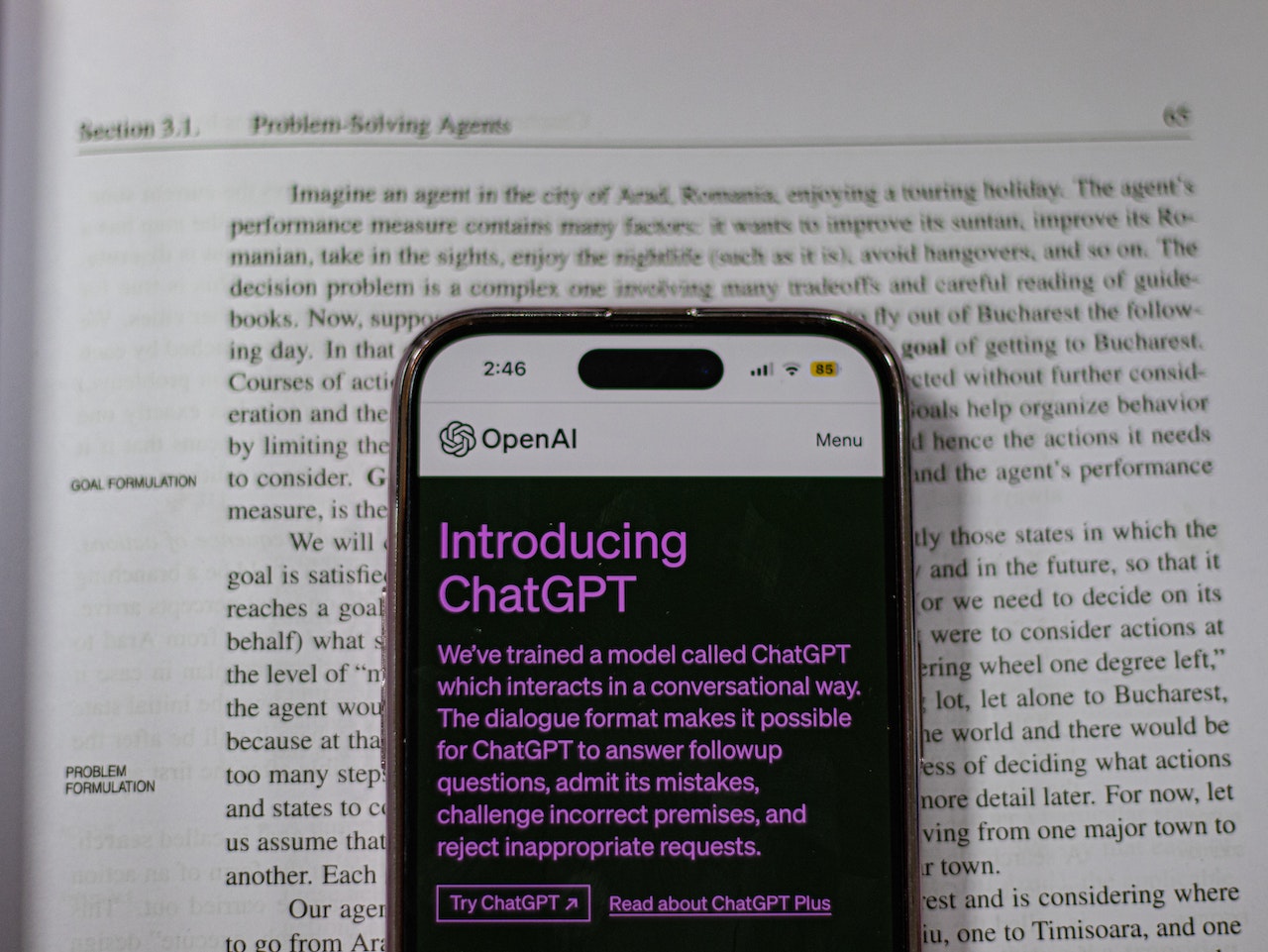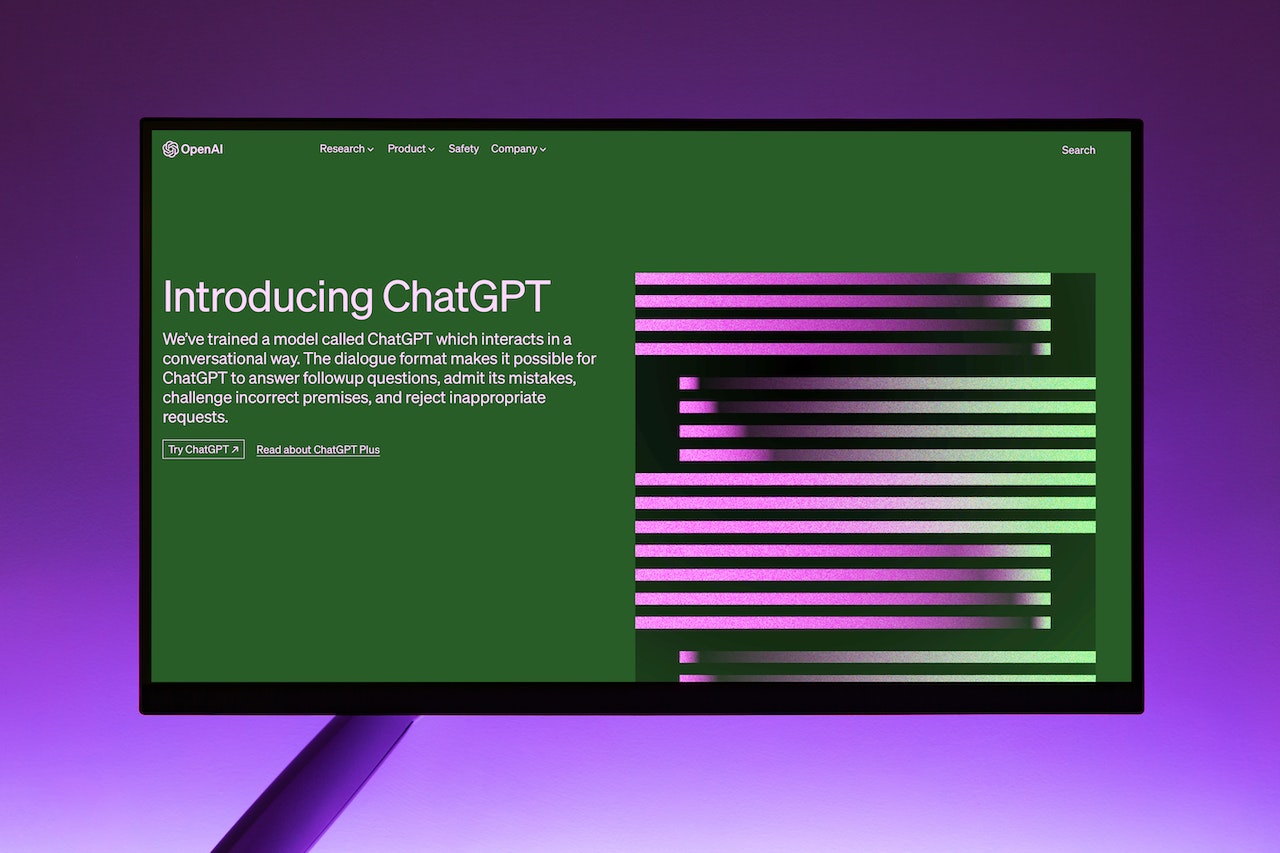Artificial Intelligence (AI) has revolutionized various aspects of business operations, and one area where it has shown immense potential is sales. With the advent of advanced language models like ChatGPT, businesses now have a powerful tool to enhance their sales efforts and drive better customer engagement. In this article, we will explore how you can effectively use ChatGPT for sales and leverage its capabilities to achieve your business goals.
1. Introduction
In today’s digital age, customer expectations are evolving, and sales teams need to adapt to new ways of interacting with potential buyers. ChatGPT, developed by OpenAI, is an AI language model designed to generate human-like responses based on the given input. It can be employed as a conversational agent to automate sales interactions and provide personalized assistance to customers.
2. Understanding ChatGPT for Sales
2.1 What is ChatGPT?
ChatGPT is an AI-powered language model that utilizes deep learning techniques to generate natural language responses. It has been trained on a massive amount of text data from the internet, enabling it to understand and generate coherent human-like conversations. The model can be fine-tuned for specific applications, such as sales, to provide tailored responses and recommendations.
2.2 Benefits of Using ChatGPT for Sales
Using ChatGPT for sales offers several advantages:
- 24/7 Availability: ChatGPT can be available round-the-clock to engage with potential customers, providing them with instant responses to their queries and concerns.
- Scalability: With ChatGPT, businesses can handle multiple sales conversations simultaneously, ensuring a prompt and efficient sales process.
- Consistency: ChatGPT delivers consistent messaging, ensuring that all customers receive the same level of information and support.
- Personalization: By analyzing customer inputs and previous interactions, ChatGPT can offer personalized recommendations and tailored solutions to individual buyers.
3. Implementing ChatGPT for Sales
To effectively use ChatGPT for sales, the following steps can be followed:
3.1 Defining Sales Goals
Before implementing ChatGPT, it is crucial to define clear sales goals. Determine the specific objectives you want to achieve, such as lead generation, customer support, or improving conversion rates. Having well-defined goals helps tailor the training and integration of ChatGPT accordingly.
3.2 Training ChatGPT for Sales
Training ChatGPT involves fine-tuning the model using your own sales-related data. This data can include previous customer interactions, frequently asked questions, product details, and successful sales scripts. By providing this information during the training process, you can enhance ChatGPT’s ability to generate accurate and relevant responses.
3.3 Integrating ChatGPT into Sales Channels
After training, the next step is to integrate ChatGPT into your sales channels. This can be done by deploying the model as a chatbot on your website, mobile app, or messaging platforms. Seamless integration allows customers to interact with ChatGPT and receive real-time assistance during their buying journey.
4. Optimizing ChatGPT for Sales
To maximize the effectiveness of ChatGPT in driving sales, continuous optimization is essential. Here are some key considerations:
4.1 Monitoring and Analyzing Conversations
Regularly monitor the conversations between ChatGPT and customers to identify areas for improvement. Analyze the interactions, identify patterns, and assess the quality of responses. This feedback loop enables you to refine the model and enhance its performance over time.
4.2 Iterative Improvements
Based on the analysis of conversations, make iterative improvements to the training data and fine-tune ChatGPT. Continuously updating the model with relevant information ensures that it stays up-to-date and capable of handling new sales scenarios effectively.
4.3 Addressing Customer Concerns
While ChatGPT can handle a wide range of sales inquiries, there may be instances where it falls short or misunderstands a customer’s request. It is crucial to provide clear instructions on how customers can seek human assistance if needed. Transparency and a seamless handover to human representatives when necessary can help build trust and ensure customer satisfaction.
5. Enhancing Sales Performance with ChatGPT
By leveraging ChatGPT in your sales strategy, you can unlock various opportunities for improving sales performance:
5.1 Personalization and Customer Engagement
ChatGPT enables personalized conversations, allowing businesses to engage customers on an individual level. By understanding customer preferences and providing tailored recommendations, you can enhance customer satisfaction and drive higher conversion rates.
5.2 Lead Generation and Qualification
ChatGPT can assist in lead generation by capturing relevant customer information during conversations. By qualifying leads based on predefined criteria, you can focus your sales efforts on prospects with the highest potential, increasing efficiency and sales effectiveness.
5.3 Customer Support and After-sales Service
ChatGPT can handle customer support inquiries and provide after-sales assistance. By addressing customer concerns promptly and offering guidance post-purchase, you can foster long-term customer loyalty and satisfaction.
6. Conclusion
ChatGPT offers businesses a valuable tool to streamline and enhance their sales processes. By understanding the potential of ChatGPT, defining clear sales goals, training the model effectively, and optimizing its performance, you can leverage AI technology to drive better customer engagement, increase conversions, and improve overall sales performance.
7. FAQs
7.1 Can ChatGPT replace human sales representatives?
While ChatGPT can automate certain sales interactions, it is not meant to replace human sales representatives entirely. It is best utilized as a complementary tool to assist sales teams, provide information, and handle routine inquiries. Human interaction is still crucial for complex sales scenarios and building relationships.
7.2 How can ChatGPT handle complex sales scenarios?
ChatGPT can be trained on a wide range of sales-related data, including complex scenarios. By incorporating detailed training examples and refining the model iteratively, ChatGPT can learn to handle complex sales situations and provide accurate and relevant responses.
7.3 Is ChatGPT suitable for all types of businesses?
Yes, ChatGPT can be adapted to suit various types of businesses across different industries. It can be customized to align with specific sales processes, products, and services. Whether you operate in e-commerce, SaaS, or traditional retail, ChatGPT can be a valuable asset for driving sales.
7.4 What measures should be taken to ensure data privacy?
When implementing ChatGPT, it is crucial to prioritize data privacy and security. Ensure that customer data is handled in compliance with relevant privacy regulations. Implement encryption measures, limit data retention, and provide clear privacy policies to instill trust and protect customer information.
7.5 How can ChatGPT be leveraged in a multilingual sales environment?
ChatGPT can be trained on multilingual data to handle conversations in multiple languages. By incorporating language-specific training examples, the model can effectively engage with customers in different languages, enabling businesses to expand their sales reach and cater to a diverse customer base.





